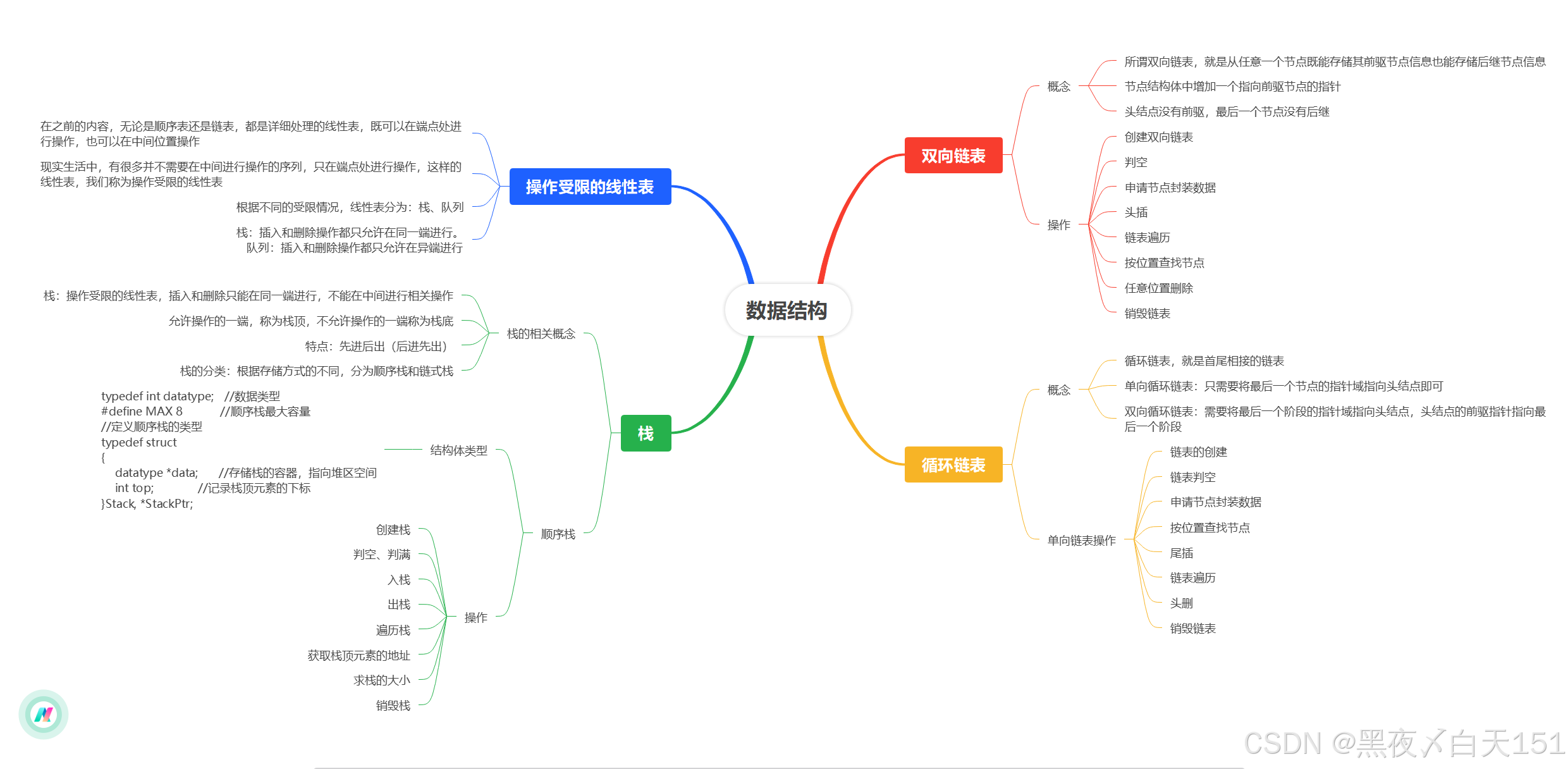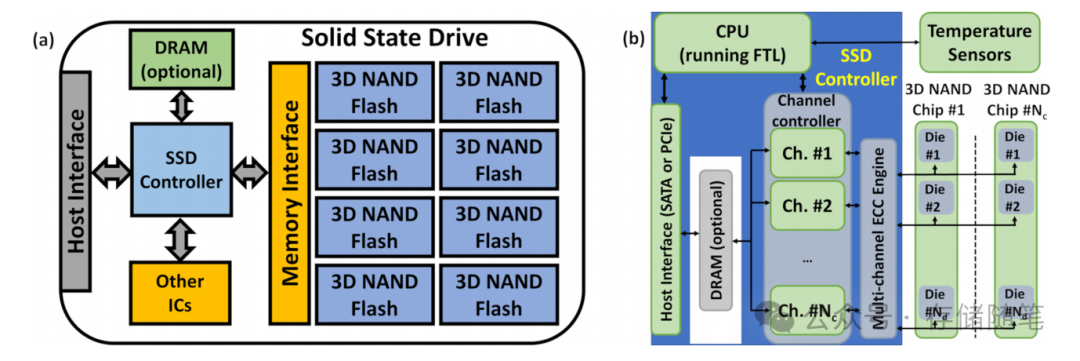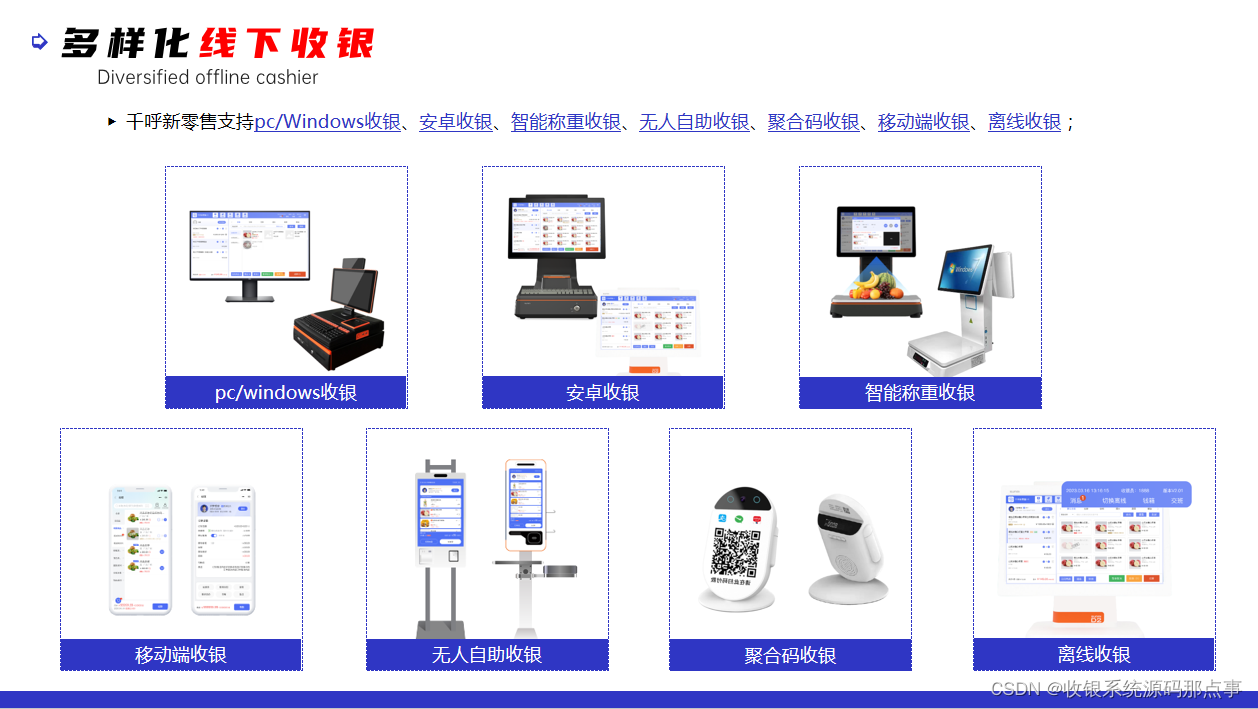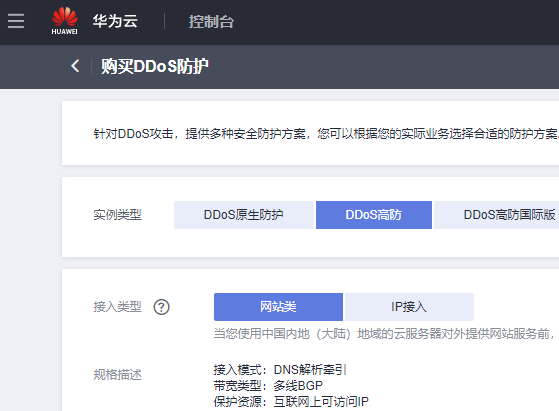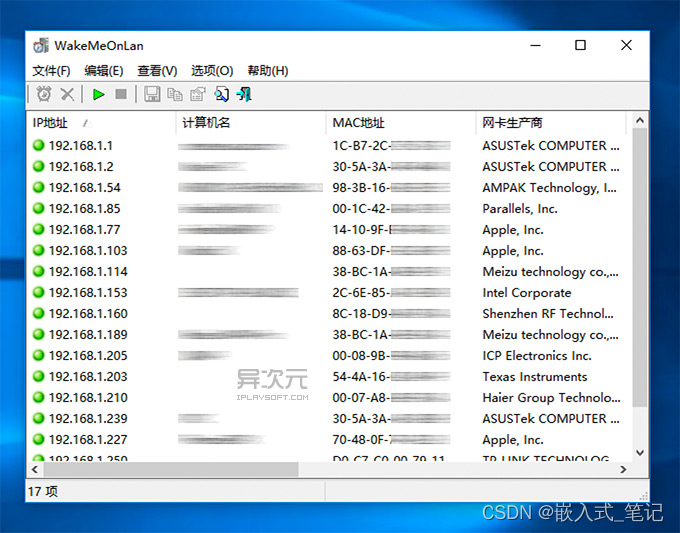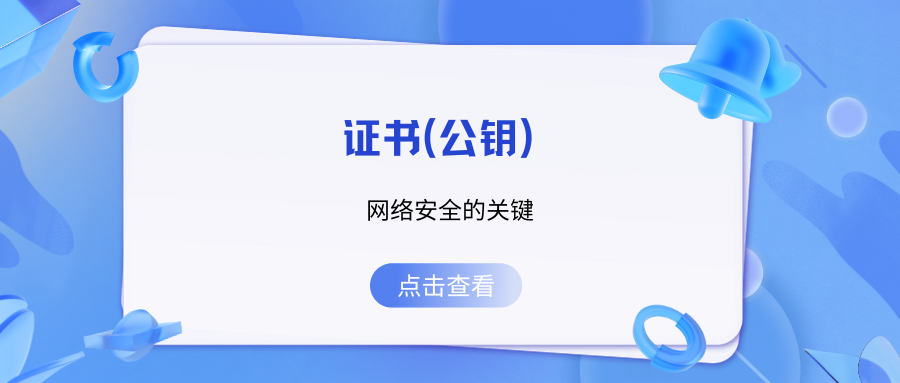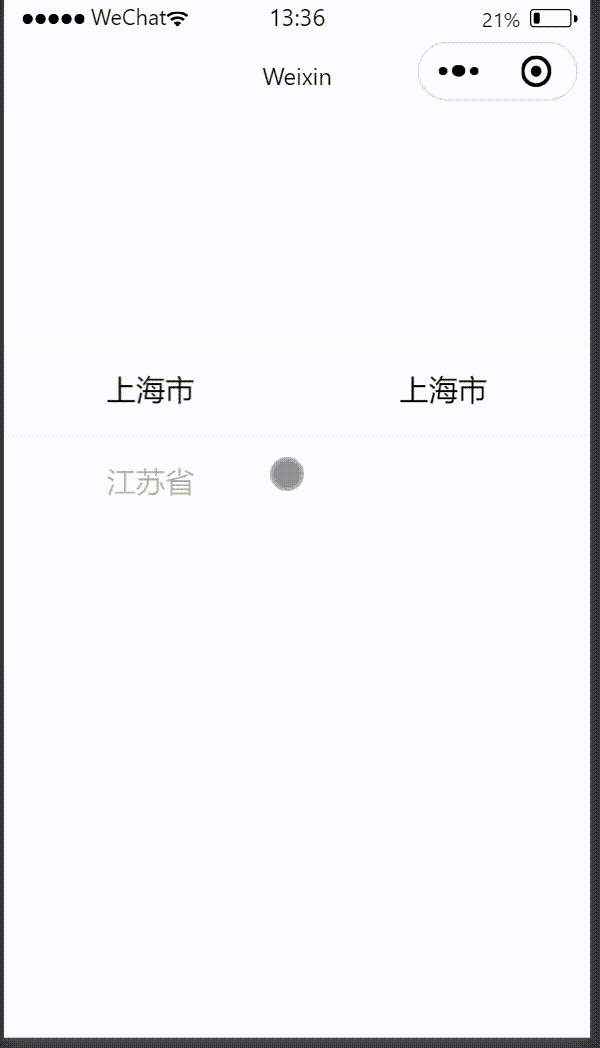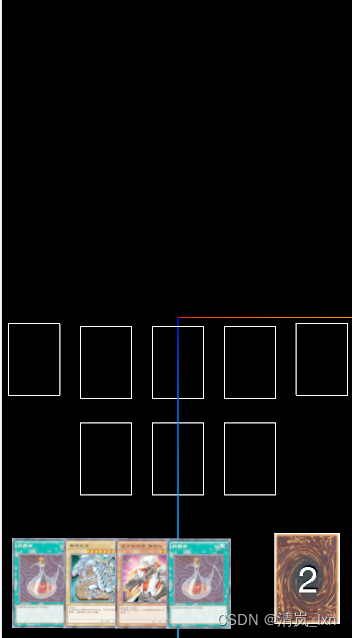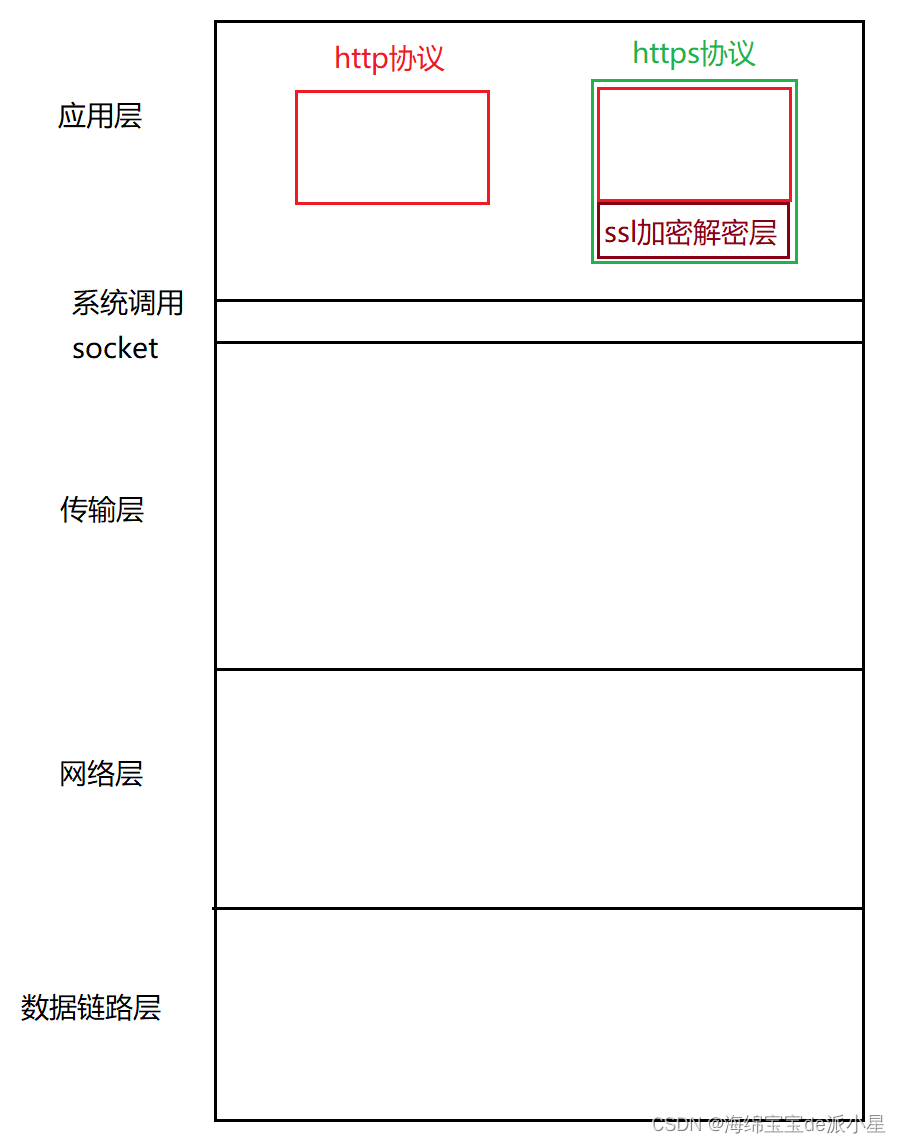Flutter开发进阶之瞧瞧BuildOwner
上回说到关于Element Tree的构建还缺最后一块拼图,build的重要过程中会调用_element!.markNeedsBuild();,而markNeedsBuild会调用owner!.scheduleBuildFor(this);。
在Flutter框架中,BuildOwner负责管理构建过程,它持有当前构建周期的所有相关信息,并协调Widget到Element的转换过程。

让我们看看BuildOwner在Element中的定义。
/*
The object that manages the lifecycle of this element.
*/
BuildOwner? get owner => _owner;
BuildOwner? _owner;
void mount(Element? parent, Object? newSlot) {
assert(_lifecycleState == _ElementLifecycle.initial);
assert(_parent == null);
assert(
parent == null || parent._lifecycleState == _ElementLifecycle.active);
assert(slot == null);
_parent = parent;
_slot = newSlot;
_lifecycleState = _ElementLifecycle.active;
_depth = _parent != null ? _parent!.depth + 1 : 1;
if (parent != null) {
_owner = parent.owner;
}
assert(owner != null);
final Key? key = widget.key;
if (key is GlobalKey) {
owner!._registerGlobalKey(key, this);
}
_updateInheritance();
attachNotificationTree();
}
可知_owner在同一个Element Tree下为唯一。
再来看看BuildOwner的源码。
class BuildOwner {
BuildOwner({this.onBuildScheduled, FocusManager? focusManager})
: focusManager =
focusManager ?? (FocusManager()..registerGlobalHandlers());
VoidCallback? onBuildScheduled;
final _InactiveElements _inactiveElements = _InactiveElements();
final List<Element> _dirtyElements = <Element>[];
bool _scheduledFlushDirtyElements = false;
bool? _dirtyElementsNeedsResorting;
bool get _debugIsInBuildScope => _dirtyElementsNeedsResorting != null;
FocusManager focusManager;
void scheduleBuildFor(Element element) {
assert(element.owner == this);
assert(() {
if (debugPrintScheduleBuildForStacks) {
debugPrintStack(
label:
'scheduleBuildFor() called for $element${_dirtyElements.contains(element) ? " (ALREADY IN LIST)" : ""}');
}
if (!element.dirty) {
throw FlutterError.fromParts(<DiagnosticsNode>[
ErrorSummary(
'scheduleBuildFor() called for a widget that is not marked as dirty.'),
element.describeElement(
'The method was called for the following element'),
ErrorDescription(
'This element is not current marked as dirty. Make sure to set the dirty flag before '
'calling scheduleBuildFor().',
),
ErrorHint(
'If you did not attempt to call scheduleBuildFor() yourself, then this probably '
'indicates a bug in the widgets framework. Please report it:\n'
' https:github.com/flutter/flutter/issues/new?template=2_bug.yml',
),
]);
}
return true;
}());
if (element._inDirtyList) {
assert(() {
if (debugPrintScheduleBuildForStacks) {
debugPrintStack(
label:
'BuildOwner.scheduleBuildFor() called; _dirtyElementsNeedsResorting was $_dirtyElementsNeedsResorting (now true); dirty list is: $_dirtyElements');
}
if (!_debugIsInBuildScope) {
throw FlutterError.fromParts(<DiagnosticsNode>[
ErrorSummary(
'BuildOwner.scheduleBuildFor() called inappropriately.'),
ErrorHint(
'The BuildOwner.scheduleBuildFor() method should only be called while the '
'buildScope() method is actively rebuilding the widget tree.',
),
]);
}
return true;
}());
_dirtyElementsNeedsResorting = true;
return;
}
if (!_scheduledFlushDirtyElements && onBuildScheduled != null) {
_scheduledFlushDirtyElements = true;
onBuildScheduled!();
}
_dirtyElements.add(element);
element._inDirtyList = true;
assert(() {
if (debugPrintScheduleBuildForStacks) {
debugPrint('...dirty list is now: $_dirtyElements');
}
return true;
}());
}
int _debugStateLockLevel = 0;
bool get _debugStateLocked => _debugStateLockLevel > 0;
bool get debugBuilding => _debugBuilding;
bool _debugBuilding = false;
Element? _debugCurrentBuildTarget;
void lockState(VoidCallback callback) {
assert(_debugStateLockLevel >= 0);
assert(() {
_debugStateLockLevel += 1;
return true;
}());
try {
callback();
} finally {
assert(() {
_debugStateLockLevel -= 1;
return true;
}());
}
assert(_debugStateLockLevel >= 0);
}
('vm:notify-debugger-on-exception')
void buildScope(Element context, [VoidCallback? callback]) {
if (callback == null && _dirtyElements.isEmpty) {
return;
}
assert(_debugStateLockLevel >= 0);
assert(!_debugBuilding);
assert(() {
if (debugPrintBuildScope) {
debugPrint(
'buildScope called with context $context; dirty list is: $_dirtyElements');
}
_debugStateLockLevel += 1;
_debugBuilding = true;
return true;
}());
if (!kReleaseMode) {
Map<String, String>? debugTimelineArguments;
assert(() {
if (debugEnhanceBuildTimelineArguments) {
debugTimelineArguments = <String, String>{
'dirty count': '${_dirtyElements.length}',
'dirty list': '$_dirtyElements',
'lock level': '$_debugStateLockLevel',
'scope context': '$context',
};
}
return true;
}());
FlutterTimeline.startSync('BUILD', arguments: debugTimelineArguments);
}
try {
_scheduledFlushDirtyElements = true;
if (callback != null) {
assert(_debugStateLocked);
Element? debugPreviousBuildTarget;
assert(() {
debugPreviousBuildTarget = _debugCurrentBuildTarget;
_debugCurrentBuildTarget = context;
return true;
}());
_dirtyElementsNeedsResorting = false;
try {
callback();
} finally {
assert(() {
assert(_debugCurrentBuildTarget == context);
_debugCurrentBuildTarget = debugPreviousBuildTarget;
_debugElementWasRebuilt(context);
return true;
}());
}
}
_dirtyElements.sort(Element._sort);
_dirtyElementsNeedsResorting = false;
int dirtyCount = _dirtyElements.length;
int index = 0;
while (index < dirtyCount) {
final Element element = _dirtyElements[index];
assert(element._inDirtyList);
assert(() {
if (element._lifecycleState == _ElementLifecycle.active &&
!element._debugIsInScope(context)) {
throw FlutterError.fromParts(<DiagnosticsNode>[
ErrorSummary(
'Tried to build dirty widget in the wrong build scope.'),
ErrorDescription(
'A widget which was marked as dirty and is still active was scheduled to be built, '
'but the current build scope unexpectedly does not contain that widget.',
),
ErrorHint(
'Sometimes this is detected when an element is removed from the widget tree, but the '
'element somehow did not get marked as inactive. In that case, it might be caused by '
'an ancestor element failing to implement visitChildren correctly, thus preventing '
'some or all of its descendants from being correctly deactivated.',
),
DiagnosticsProperty<Element>(
'The root of the build scope was',
context,
style: DiagnosticsTreeStyle.errorProperty,
),
DiagnosticsProperty<Element>(
'The offending element (which does not appear to be a descendant of the root of the build scope) was',
element,
style: DiagnosticsTreeStyle.errorProperty,
),
]);
}
return true;
}());
final bool isTimelineTracked =
!kReleaseMode && _isProfileBuildsEnabledFor(element.widget);
if (isTimelineTracked) {
Map<String, String>? debugTimelineArguments;
assert(() {
if (kDebugMode && debugEnhanceBuildTimelineArguments) {
debugTimelineArguments =
element.widget.toDiagnosticsNode().toTimelineArguments();
}
return true;
}());
FlutterTimeline.startSync(
'${element.widget.runtimeType}',
arguments: debugTimelineArguments,
);
}
try {
element.rebuild();
} catch (e, stack) {
_reportException(
ErrorDescription('while rebuilding dirty elements'),
e,
stack,
informationCollector: () => <DiagnosticsNode>[
if (kDebugMode && index < _dirtyElements.length)
DiagnosticsDebugCreator(DebugCreator(element)),
if (index < _dirtyElements.length)
element.describeElement(
'The element being rebuilt at the time was index $index of $dirtyCount')
else
ErrorHint(
'The element being rebuilt at the time was index $index of $dirtyCount, but _dirtyElements only had ${_dirtyElements.length} entries. This suggests some confusion in the framework internals.'),
],
);
}
if (isTimelineTracked) {
FlutterTimeline.finishSync();
}
index += 1;
if (dirtyCount < _dirtyElements.length ||
_dirtyElementsNeedsResorting!) {
_dirtyElements.sort(Element._sort);
_dirtyElementsNeedsResorting = false;
dirtyCount = _dirtyElements.length;
while (index > 0 && _dirtyElements[index - 1].dirty) {
index -= 1;
}
}
}
assert(() {
if (_dirtyElements.any((Element element) =>
element._lifecycleState == _ElementLifecycle.active &&
element.dirty)) {
throw FlutterError.fromParts(<DiagnosticsNode>[
ErrorSummary('buildScope missed some dirty elements.'),
ErrorHint(
'This probably indicates that the dirty list should have been resorted but was not.'),
Element.describeElements(
'The list of dirty elements at the end of the buildScope call was',
_dirtyElements),
]);
}
return true;
}());
} finally {
for (final Element element in _dirtyElements) {
assert(element._inDirtyList);
element._inDirtyList = false;
}
_dirtyElements.clear();
_scheduledFlushDirtyElements = false;
_dirtyElementsNeedsResorting = null;
if (!kReleaseMode) {
FlutterTimeline.finishSync();
}
assert(_debugBuilding);
assert(() {
_debugBuilding = false;
_debugStateLockLevel -= 1;
if (debugPrintBuildScope) {
debugPrint('buildScope finished');
}
return true;
}());
}
assert(_debugStateLockLevel >= 0);
}
Map<Element, Set<GlobalKey>>?
_debugElementsThatWillNeedToBeRebuiltDueToGlobalKeyShenanigans;
void _debugTrackElementThatWillNeedToBeRebuiltDueToGlobalKeyShenanigans(
Element node, GlobalKey key) {
_debugElementsThatWillNeedToBeRebuiltDueToGlobalKeyShenanigans ??=
HashMap<Element, Set<GlobalKey>>();
final Set<GlobalKey> keys =
_debugElementsThatWillNeedToBeRebuiltDueToGlobalKeyShenanigans!
.putIfAbsent(node, () => HashSet<GlobalKey>());
keys.add(key);
}
void _debugElementWasRebuilt(Element node) {
_debugElementsThatWillNeedToBeRebuiltDueToGlobalKeyShenanigans
?.remove(node);
}
final Map<GlobalKey, Element> _globalKeyRegistry = <GlobalKey, Element>{};
final Set<Element>? _debugIllFatedElements =
kDebugMode ? HashSet<Element>() : null;
final Map<Element, Map<Element, GlobalKey>>? _debugGlobalKeyReservations =
kDebugMode ? <Element, Map<Element, GlobalKey>>{} : null;
int get globalKeyCount => _globalKeyRegistry.length;
void _debugRemoveGlobalKeyReservationFor(Element parent, Element child) {
assert(() {
_debugGlobalKeyReservations?[parent]?.remove(child);
return true;
}());
}
void _registerGlobalKey(GlobalKey key, Element element) {
assert(() {
if (_globalKeyRegistry.containsKey(key)) {
final Element oldElement = _globalKeyRegistry[key]!;
assert(element.widget.runtimeType != oldElement.widget.runtimeType);
_debugIllFatedElements?.add(oldElement);
}
return true;
}());
_globalKeyRegistry[key] = element;
}
void _unregisterGlobalKey(GlobalKey key, Element element) {
assert(() {
if (_globalKeyRegistry.containsKey(key) &&
_globalKeyRegistry[key] != element) {
final Element oldElement = _globalKeyRegistry[key]!;
assert(element.widget.runtimeType != oldElement.widget.runtimeType);
}
return true;
}());
if (_globalKeyRegistry[key] == element) {
_globalKeyRegistry.remove(key);
}
}
void _debugReserveGlobalKeyFor(Element parent, Element child, GlobalKey key) {
assert(() {
_debugGlobalKeyReservations?[parent] ??= <Element, GlobalKey>{};
_debugGlobalKeyReservations?[parent]![child] = key;
return true;
}());
}
void _debugVerifyGlobalKeyReservation() {
assert(() {
final Map<GlobalKey, Element> keyToParent = <GlobalKey, Element>{};
_debugGlobalKeyReservations
?.forEach((Element parent, Map<Element, GlobalKey> childToKey) {
if (parent._lifecycleState == _ElementLifecycle.defunct ||
parent.renderObject?.attached == false) {
return;
}
childToKey.forEach((Element child, GlobalKey key) {
if (child._parent == null) {
return;
}
if (keyToParent.containsKey(key) && keyToParent[key] != parent) {
final Element older = keyToParent[key]!;
final Element newer = parent;
final FlutterError error;
if (older.toString() != newer.toString()) {
error = FlutterError.fromParts(<DiagnosticsNode>[
ErrorSummary('Multiple widgets used the same GlobalKey.'),
ErrorDescription(
'The key $key was used by multiple widgets. The parents of those widgets were:\n'
'- $older\n'
'- $newer\n'
'A GlobalKey can only be specified on one widget at a time in the widget tree.',
),
]);
} else {
error = FlutterError.fromParts(<DiagnosticsNode>[
ErrorSummary('Multiple widgets used the same GlobalKey.'),
ErrorDescription(
'The key $key was used by multiple widgets. The parents of those widgets were '
'different widgets that both had the following description:\n'
' $parent\n'
'A GlobalKey can only be specified on one widget at a time in the widget tree.',
),
]);
}
if (child._parent != older) {
older.visitChildren((Element currentChild) {
if (currentChild == child) {
older.forgetChild(child);
}
});
}
if (child._parent != newer) {
newer.visitChildren((Element currentChild) {
if (currentChild == child) {
newer.forgetChild(child);
}
});
}
throw error;
} else {
keyToParent[key] = parent;
}
});
});
_debugGlobalKeyReservations?.clear();
return true;
}());
}
void _debugVerifyIllFatedPopulation() {
assert(() {
Map<GlobalKey, Set<Element>>? duplicates;
for (final Element element
in _debugIllFatedElements ?? const <Element>{}) {
if (element._lifecycleState != _ElementLifecycle.defunct) {
assert(element.widget.key != null);
final GlobalKey key = element.widget.key! as GlobalKey;
assert(_globalKeyRegistry.containsKey(key));
duplicates ??= <GlobalKey, Set<Element>>{};
Uses ordered set to produce consistent error message.
final Set<Element> elements =
duplicates.putIfAbsent(key, () => <Element>{});
elements.add(element);
elements.add(_globalKeyRegistry[key]!);
}
}
_debugIllFatedElements?.clear();
if (duplicates != null) {
final List<DiagnosticsNode> information = <DiagnosticsNode>[];
information
.add(ErrorSummary('Multiple widgets used the same GlobalKey.'));
for (final GlobalKey key in duplicates.keys) {
final Set<Element> elements = duplicates[key]!;
information.add(Element.describeElements(
'The key $key was used by ${elements.length} widgets', elements));
}
information.add(ErrorDescription(
'A GlobalKey can only be specified on one widget at a time in the widget tree.'));
throw FlutterError.fromParts(information);
}
return true;
}());
}
('vm:notify-debugger-on-exception')
void finalizeTree() {
if (!kReleaseMode) {
FlutterTimeline.startSync('FINALIZE TREE');
}
try {
lockState(
_inactiveElements._unmountAll);
assert(() {
try {
_debugVerifyGlobalKeyReservation();
_debugVerifyIllFatedPopulation();
if (_debugElementsThatWillNeedToBeRebuiltDueToGlobalKeyShenanigans !=
null &&
_debugElementsThatWillNeedToBeRebuiltDueToGlobalKeyShenanigans!
.isNotEmpty) {
final Set<GlobalKey> keys = HashSet<GlobalKey>();
for (final Element element
in _debugElementsThatWillNeedToBeRebuiltDueToGlobalKeyShenanigans!
.keys) {
if (element._lifecycleState != _ElementLifecycle.defunct) {
keys.addAll(
_debugElementsThatWillNeedToBeRebuiltDueToGlobalKeyShenanigans![
element]!);
}
}
if (keys.isNotEmpty) {
final Map<String, int> keyStringCount = HashMap<String, int>();
for (final String key
in keys.map<String>((GlobalKey key) => key.toString())) {
if (keyStringCount.containsKey(key)) {
keyStringCount.update(key, (int value) => value + 1);
} else {
keyStringCount[key] = 1;
}
}
final List<String> keyLabels = <String>[];
keyStringCount.forEach((String key, int count) {
if (count == 1) {
keyLabels.add(key);
} else {
keyLabels.add(
'$key ($count different affected keys had this toString representation)');
}
});
final Iterable<Element> elements =
_debugElementsThatWillNeedToBeRebuiltDueToGlobalKeyShenanigans!
.keys;
final Map<String, int> elementStringCount =
HashMap<String, int>();
for (final String element in elements
.map<String>((Element element) => element.toString())) {
if (elementStringCount.containsKey(element)) {
elementStringCount.update(element, (int value) => value + 1);
} else {
elementStringCount[element] = 1;
}
}
final List<String> elementLabels = <String>[];
elementStringCount.forEach((String element, int count) {
if (count == 1) {
elementLabels.add(element);
} else {
elementLabels.add(
'$element ($count different affected elements had this toString representation)');
}
});
assert(keyLabels.isNotEmpty);
final String the = keys.length == 1 ? ' the' : '';
final String s = keys.length == 1 ? '' : 's';
final String were = keys.length == 1 ? 'was' : 'were';
final String their = keys.length == 1 ? 'its' : 'their';
final String respective =
elementLabels.length == 1 ? '' : ' respective';
final String those = keys.length == 1 ? 'that' : 'those';
final String s2 = elementLabels.length == 1 ? '' : 's';
final String those2 =
elementLabels.length == 1 ? 'that' : 'those';
final String they = elementLabels.length == 1 ? 'it' : 'they';
final String think =
elementLabels.length == 1 ? 'thinks' : 'think';
final String are = elementLabels.length == 1 ? 'is' : 'are';
throw FlutterError.fromParts(<DiagnosticsNode>[
ErrorSummary('Duplicate GlobalKey$s detected in widget tree.'),
ErrorDescription(
'The following GlobalKey$s $were specified multiple times in the widget tree. This will lead to '
'parts of the widget tree being truncated unexpectedly, because the second time a key is seen, '
'the previous instance is moved to the new location. The key$s $were:\n'
'- ${keyLabels.join("\n ")}\n'
'This was determined by noticing that after$the widget$s with the above global key$s $were moved '
'out of $their$respective previous parent$s2, $those2 previous parent$s2 never updated during this frame, meaning '
'that $they either did not update at all or updated before the widget$s $were moved, in either case '
'implying that $they still $think that $they should have a child with $those global key$s.\n'
'The specific parent$s2 that did not update after having one or more children forcibly removed '
'due to GlobalKey reparenting $are:\n'
'- ${elementLabels.join("\n ")}'
'\nA GlobalKey can only be specified on one widget at a time in the widget tree.',
),
]);
}
}
} finally {
_debugElementsThatWillNeedToBeRebuiltDueToGlobalKeyShenanigans
?.clear();
}
return true;
}());
} catch (e, stack) {
_reportException(
ErrorSummary('while finalizing the widget tree'), e, stack);
} finally {
if (!kReleaseMode) {
FlutterTimeline.finishSync();
}
}
}
void reassemble(Element root) {
if (!kReleaseMode) {
FlutterTimeline.startSync('Preparing Hot Reload (widgets)');
}
try {
assert(root._parent == null);
assert(root.owner == this);
root.reassemble();
} finally {
if (!kReleaseMode) {
FlutterTimeline.finishSync();
}
}
}
}
我们忽略debug部分的内容,BuildOwner作为一个基类,void scheduleBuildFor(Element element)方法会将一个需要重新构建的Element添加进_dirtyElements中,然后会Flutter通过调用WidgetsBinding.drawFrame方法,内部会调用buildScope完成重新构建。
综合前几篇文章我们了解到,Widget本身只存储了UI的结构数据,在Widget的初始化过程中会将自身作为参数调用Element的初始化方法创建对应的Element,它是持有Widget、State、BuildOwner的实例,它可以包含其他子Element形成Tree,Element通过State的状态管理去进行对应的生命周期管理,同个Tree下Element对应一个根BuildOwner,_owner = parent.owner;它负责协调构建过程,当Element添加进_dirtyElements中时,Flutter循环调用的WidgetsBinding.drawFrame(WidgetsFlutterBinding.ensureInitialized()或runApp()后会激活的循环)会重新构建Tree渲染到屏幕上。
以上完成build闭环。













